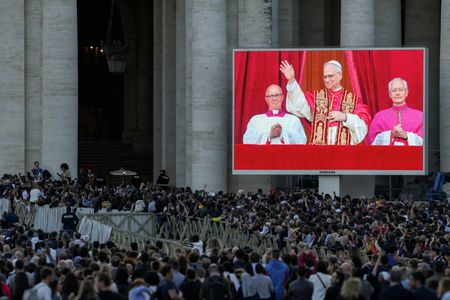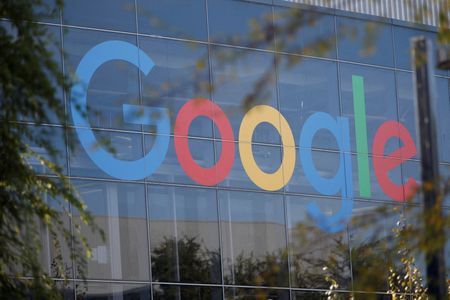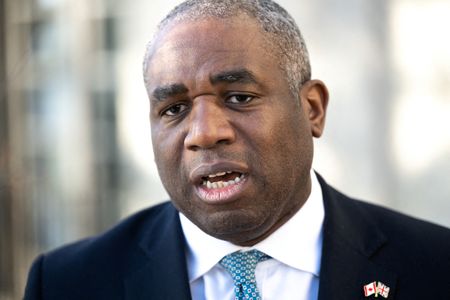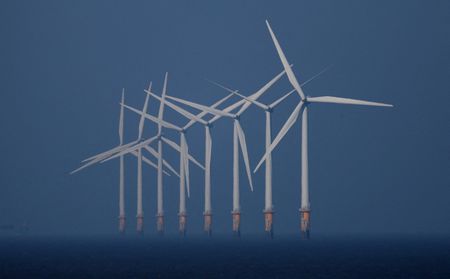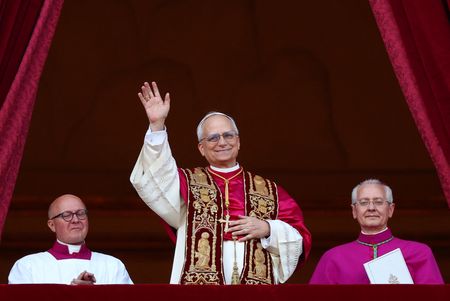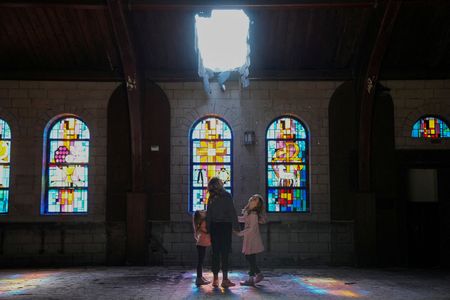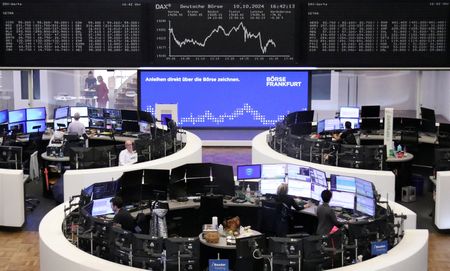By Jeff Mason, Jasper Ward and James Oliphant
WASHINGTON (Reuters) – Before becoming pontiff, the first U.S.-born pope was not shy about criticizing President Donald Trump and Vice President JD Vance – social media musings that pulled him into the maelstrom of divided U.S. politics on Thursday as he took on leadership of the global Catholic Church.
Pope Leo XIV, who was chosen by cardinals to succeed the late Pope Francis, has a handful of disapproving posts about the Republican leaders’ policies on the X account of Robert Prevost, his name before starting the pontificate.
Those posts drew their own criticism on Thursday from Trump’s most die-hard conservative supporters, including activist Laura Loomer, even as the president himself expressed pride at having an American in charge at the Vatican.
“To have the pope from the United States of America, that’s a great honor,” Trump said at the White House. Asked if he would meet with Leo, Trump said “they’ve already called.”
White House officials did not comment about the criticisms on Prevost’s account. Staff at the White House cheered the election of the first American-born pope on Thursday as the news came across their television screens.
In February, Prevost reposted an article headlined, “JD Vance is wrong: Jesus doesn’t ask us to rank our love for others.”
In April, when Trump had a meeting with El Salvador President Nayib Bukele to discuss using a prison where alleged human rights abuses took place to jail suspected gang members flown from the U.S., Prevost reposted a comment that included: “Do you not see the suffering? Is your conscience not disturbed?”
Reuters could not immediately verify who operated the account, which made its first post in 2011. Reuters reached out to the Vatican, the Roman Catholic Diocese of Chiclayo in Peru, where Prevost was based for years, and the Peruvian Embassy to the Holy See to confirm the authenticity of the account, which has the handle @drprevost and includes posts calling for prayers for the late Pope Francis in his final months.
Pope Leo is expected to follow in the footsteps of Francis, a champion of the poor and of immigrants, who also had his differences with the Trump administration. Vance played down those differences after meeting with Francis at the Vatican the day before he died, but they were substantial. Francis had called Trump’s immigration policies a disgrace.
Supporters of Trump’s Make America Great Again movement reacted with disdain to Leo’s appointment.
“He is anti-Trump, anti-MAGA, pro-open Borders, and a total Marxist like Pope Francis,” Loomer wrote on X.
“Pope Leo XIV: Registered Chicago Republican and pro-life warrior OR Open borders globalist installed to counter Trump?” wrote right-wing activist Charlie Kirk.
Vance, a Catholic, said he was sure millions of American Catholics and other Christians would pray for Leo’s success.
“May God bless him!” Vance wrote on X.
POLITICAL DIFFERENCES
The new pope shares some policy similarities with the Trump team. He opposes abortion, as do Trump and Vance.
But he supports work to combat climate change, according to a post urging followers to sign a Catholic climate petition. Trump removed the U.S. from the Paris climate accord that fights global warming.
He has also spoken out against racism. At the height of the 2020 racial justice movement that swept the globe after the police killing of George Floyd, a Black man, Prevost retweeted a series of posts on his then Twitter account, urging the eradication of prejudice and hatred.
“We need to hear more from leaders in the Church, to reject racism and seek justice,” he wrote in a May 30, 2020, post.
Trump has done away with diversity, equity and inclusion policies within the federal government and among its contractors, tools that supporters say were used to fight back against a U.S. history of racial discrimination and bias.
Washington and the Vatican have at times found common political ground and at other times have seen their viewpoints clash.
President Ronald Reagan and Pope John Paul II were fervent anti-Communists, although they disagreed over nuclear proliferation. Reagan was the first president to establish full diplomatic relations with the Holy See.
John Paul II was critical of President Bill Clinton’s support for abortion rights, and he strongly opposed the 2003 U.S. invasion of Iraq under President George W. Bush.
(This story has been refiled to fix wording in the headline)
(Reporting by Jeff Mason, Jasper Ward and James Oliphant; Additional reporting by Steve Holland, Andrea Shalal, Rachael Kennedy and Kat Stafford; Editing by Caitlin Webber, Colleen Jenkins and Daniel Wallis)

